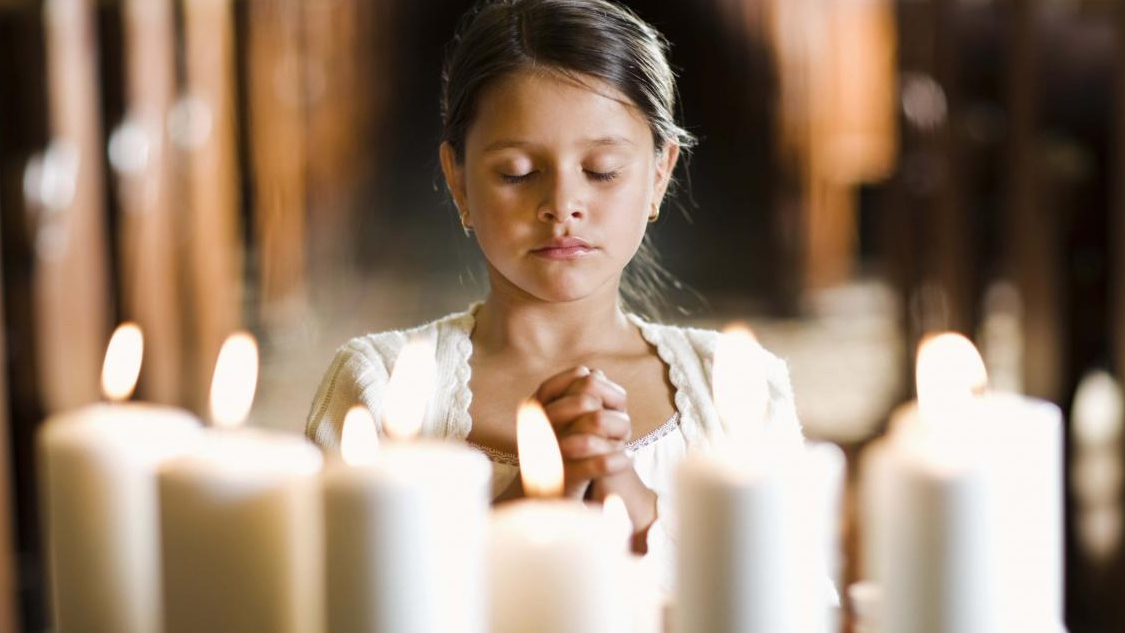People sometimes ask me, “What nationality are you?” I usually reply “Midwest.” There was not much ethnicity to my upbringing. I imagine this question correlates to spirituality as well. The spirituality I grew up with was “Diocesan.” I went to public schools and a typical parish church. I knew of the Augustinians since their seminary was in my hometown and we’d skate on the same pond the seminarians used for hockey. Fr. John, who said Mass at my parish occasionally, lived there. Oh, and they often attended Villanova. So much for my introduction to Augustinian spirituality.
I met a Jesuit once at a lecture on the Shroud of Turin. All I knew was that he was affiliated with Loyola University in some regard.
Later in life, I learned of the Spiritual Exercises of St. Ignatius from a priest of the Miles Christi order. My positive experience in this regard led me to look further into Ignatian spirituality and ultimately, obtaining a certificate in Ignatian spiritual direction. My degrees from Loyola that I earned during this time had little to do with Ignatius. I identified with Ignatian spirituality but not the politics of the Jesuits. When asked, I would tell others that my spirituality was “Ignatian, but not Jesuit.” (Perhaps I should have responded “Ignatian, but from Miles Christi.”) In talking with Fr. Timothy Galagher, a renowned authority in Ignatian spirituality, he confirmed some of my views and I became more comfortable in this position.
Yet, it is rather hard to practice spirituality alone. I was an Ignatian that didn’t identify with many of the Ignatian groups that I came across. I became uncomfortable being with groups whose allegiance was to their spirituality while dismissing the teaching authority of the Church. I don’t believe St. Ignatius would be on board with these groups either in this regard. There are no rules for spirituality, except that spirituality should lead to liturgy. If it doesn’t, we should be discerning what we are doing wrong. Jesus isn’t just my “buddy” and personal friend; he is my God too. A conversation is needed in discernment, but we mustn’t forget the reverence.
So, like Ignatius, I journeyed.
I didn’t need to go far in my travels. I occasionally go to Mass at a local Benedictine Abbey. This abbey has been in a state of transition, and I learned that the new monks were interested in “preaching outside the walls.” I decided I wanted to learn if Benedict would speak to me as much as Ignatius does. I started to read works on the Rule of St. Benedict. I found the works interesting but did not know if they could be used as a weapon in my personal spiritual battles as the Spiritual Exercises had become.
I guess the Holy Spirit was listening…
Not long after this period, I found myself in a stressful situation not of my own making. No one was “stealing my cheese” but it kind of felt that way. The situation was having me look at a former period in my life but from a differing perspective which I didn’t control. It became stressful for me to think about it.
In discernment, I enjoyed noticing my spiritual growth as I defaulted to Ignatian spirituality to see that it was my ego that was bruised and nothing else. Recognizing this before in times of stress has become a great help in being able to let issues go. This time, however, I was still not at peace like I expected. Perhaps I need a bigger spiritual “dose” to overcome this ill. I began to consider transferring myself out of this situation and into one that might better align with other interests of mine. Yet, transferring did not feel right. Coincidently, perhaps “providentially,” during this time I attended a meeting where the subject being discussed was the Benedictine rule of stability. Benedict taught that one does not run to “greener pasture” but should stay and work through one’s issue. I smiled to myself in realizing that the Holy Spirit and Benedict were speaking directly to me in the timing of this subject. I had been wanting to put Benedictine spirituality “to the test” and here I was using Benedict as my increased spiritual dose… no transferring from my earlier issue. Note to Greg: Quit testing. It is very stressful,
Moving Forward
When a handyman finds a good tool, he does not throw his other tools out. He simply adds this new tool to his toolbox. Likewise, finding application in Benedictine spirituality does not entail abandoning Ignatian spirituality. I am a diocesan guy anyway – I can take the best of both!
I decided that perhaps my spirituality is “Ignadictine.”
“Ignadictine” or “Benatian”?? My Benedictine monk friends do like to point out their order came first…. “God in all things!” Both Ignatius and Benedict preached it. At its foundations, “spirituality” is how I like to pray to God. Liturgy is how God wants us to pray to him. We need both in our faith lives. No spiritual tradition has a “best” path forward. Each tradition speaks to a period in the Church as well as may or may not speak to our individual hearts. While these traditions all emphasize humility, how we witness humility or even identify such need is individualistic. In my experience, Ignatius speaks to men of my generation as they get older who are finding many of life’s paths that we were socialized to follow have left us feeling “empty.” For me, I had rage where I should have had gratitude. As a soldier, Ignatius directly reminds us to lose the ego we have been chasing and return to our true selves. Benedict tells us to focus on humility though stability and obedience to our vocations.
Looking at spiritualities is like dining out in different restaurants and finding the dishes that we enjoy and relate to. Some restaurants we want to go back to, some we do not. The focus is not on finding “my” spirituality, but a spirituality that centers Christ in our lives. Such spirituality should enliven our attendance at Mass, for our focus is again based in gratitude for the love God has shown us and the love he expects to pass through us to others. Spirituality without liturgy is focused on ”me” and not God.
I never bought into the spiritual overtones of Star Trek, but if I did, I suppose my goal is to become the “Borg” of spirituality. Perhaps if I can assimilate the teachings of Carmelites, Dominicans and Redemptorists into my spirituality, I will one day have the tools to overcome the concupiscence of Greg. For now, I’ll simply focus on being an Ignadictine.
In life and at Mass.








